wellness
10 Best Natural Remedies for Common Health Problems
Natural remedies have been cherished for centuries as effective alternatives to conventional medicine, offering holistic solutions for common health problems. Amid growing concerns about the side effects of prescription drugs, many individuals are turning to natural remedies as a way to support their well-being.
This article delves into ten of the most effective natural remedies for addressing a range of health issues, from colds and flu to high blood pressure and anxiety.
While exploring the benefits of these remedies, it’s essential to remember that consulting a healthcare professional is crucial before incorporating them into your routine, especially if you are pregnant, breastfeeding, or dealing with any underlying health conditions.
Table of Contents
1. Echinacea for Colds and Flu

Echinacea, a vibrant flowering plant, has enjoyed centuries of recognition for its effectiveness in treating colds and flu.
It’s believed to fortify the immune system, aiding the body in its battle against infections. Scientific studies have demonstrated that echinacea can trim down the duration of a cold by approximately one day.
To harness its benefits, take 400 milligrams of echinacea extract thrice daily as soon as symptoms manifest. This regimen can be continued for up to ten days, ensuring that your body gets the support it needs during an illness.
2. Garlic for High Blood Pressure
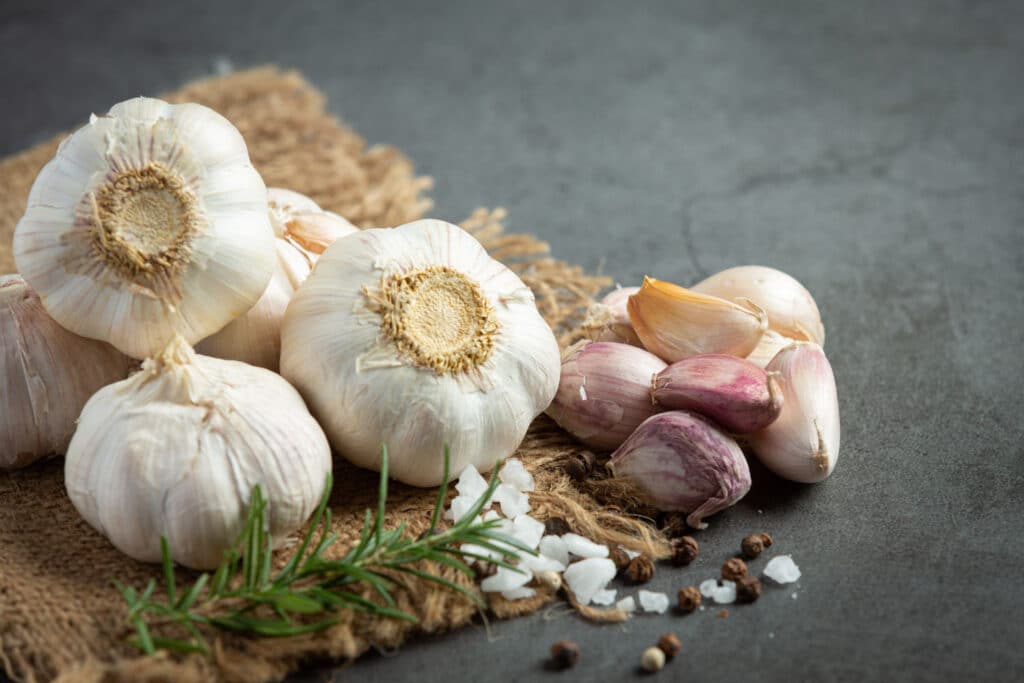
Beyond its role as a culinary staple, garlic has secured its place in the realm of natural medicine. Its ability to lower high blood pressure is particularly noteworthy.
Garlic contains compounds that facilitate the relaxation of blood vessels, enhancing blood flow. To harness garlic’s potential for regulating blood pressure, consider adding 2-4 cloves of garlic to your daily diet.
Whether crushed and incorporated into meals or taken in capsule form, garlic’s benefits are bound to make a significant impact on your cardiovascular health.
3. Ginger for Nausea and Motion Sickness
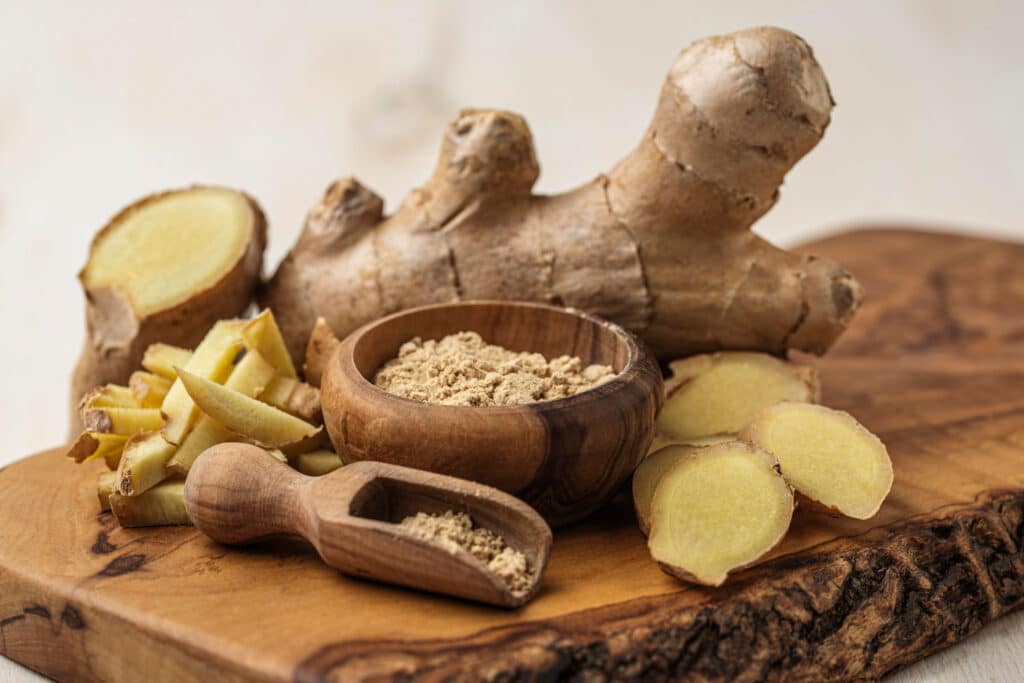
Renowned for its distinct flavor and aroma, ginger serves a dual purpose as a remedy for nausea and motion sickness. Its mechanism revolves around stimulating the production of saliva and stomach acid, which in turn calms the stomach.
Additionally, ginger is a potent natural anti-inflammatory agent, contributing to the reduction of gut inflammation. To alleviate nausea or motion sickness, chewing on a piece of raw ginger or ingesting ginger capsules can work wonders.
Ginger ale and ginger tea are also delightful options for soothing an unsettled stomach.
4. Chamomile for Anxiety and Insomnia

Chamomile, a delicate flowering herb, has been cherished for centuries for its efficacy in treating anxiety and insomnia. Its calming effect on the nervous system promotes restful sleep, making it a favored choice for those seeking natural remedies for sleep disturbances.
Furthermore, chamomile boasts anti-inflammatory properties that can help quell brain inflammation.
Incorporating chamomile into your nightly routine is as simple as sipping on a cup of chamomile tea or adding a few drops of chamomile essential oil to your bath or diffuser.
5. Turmeric for Pain and Inflammation
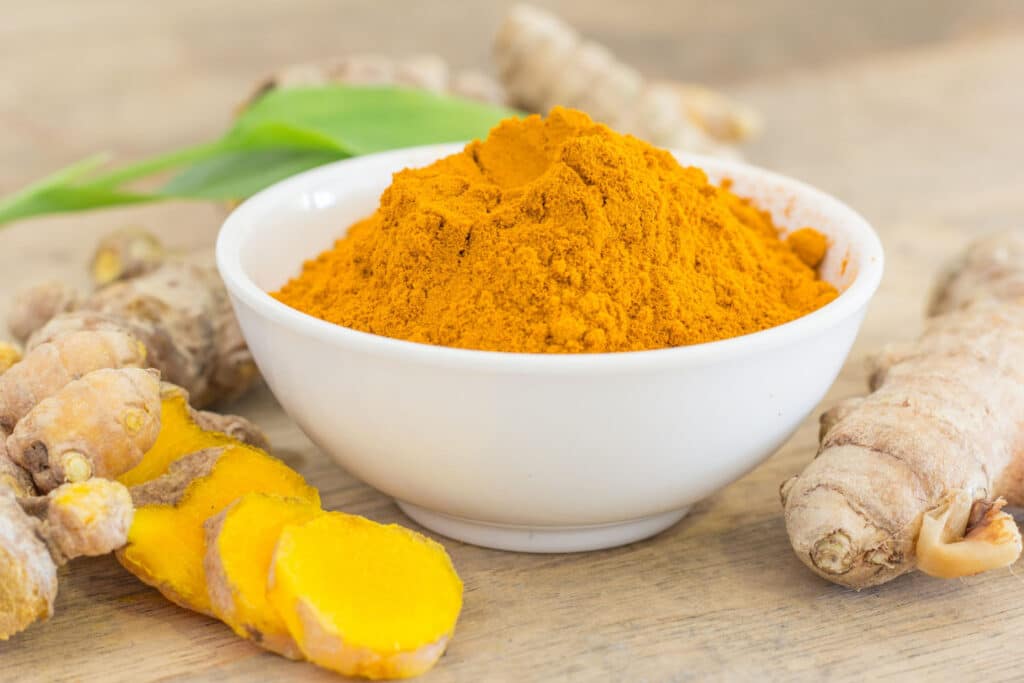
A vibrant spice commonly found in Indian cuisine, turmeric has earned recognition as a natural remedy for pain and inflammation. Curcumin, a compound present in turmeric, possesses potent anti-inflammatory properties, making it a valuable asset in holistic health.
To harness turmeric’s benefits, consider consuming 500 milligrams of turmeric extract thrice daily.
Additionally, incorporating turmeric powder into your meals or beverages can provide a flavorful way to combat inflammation and pain.
6. Peppermint for Indigestion and Nausea
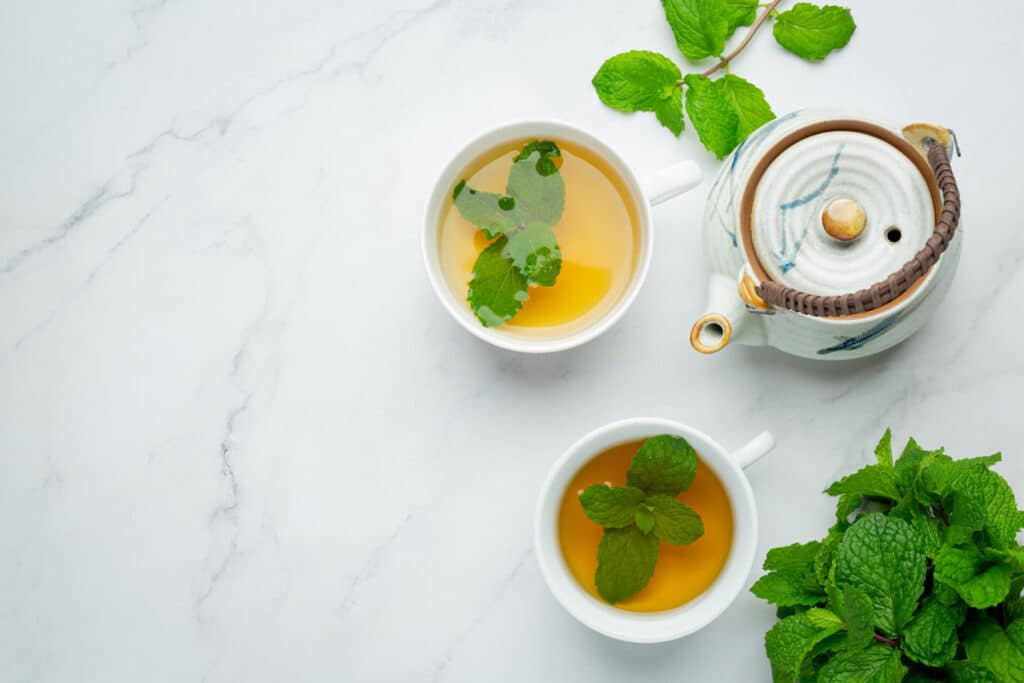
Peppermint, a refreshing herb, boasts a long history of use in alleviating indigestion and nausea. It works by relaxing the digestive tract and curbing gas production, providing respite from discomfort.
As a natural anti-inflammatory agent, peppermint also aids in reducing gut inflammation.
When dealing with indigestion or nausea, chewing peppermint gum, sipping on peppermint tea, or opting for peppermint capsules can offer quick relief.
7. Honey for Coughs and Sore Throats
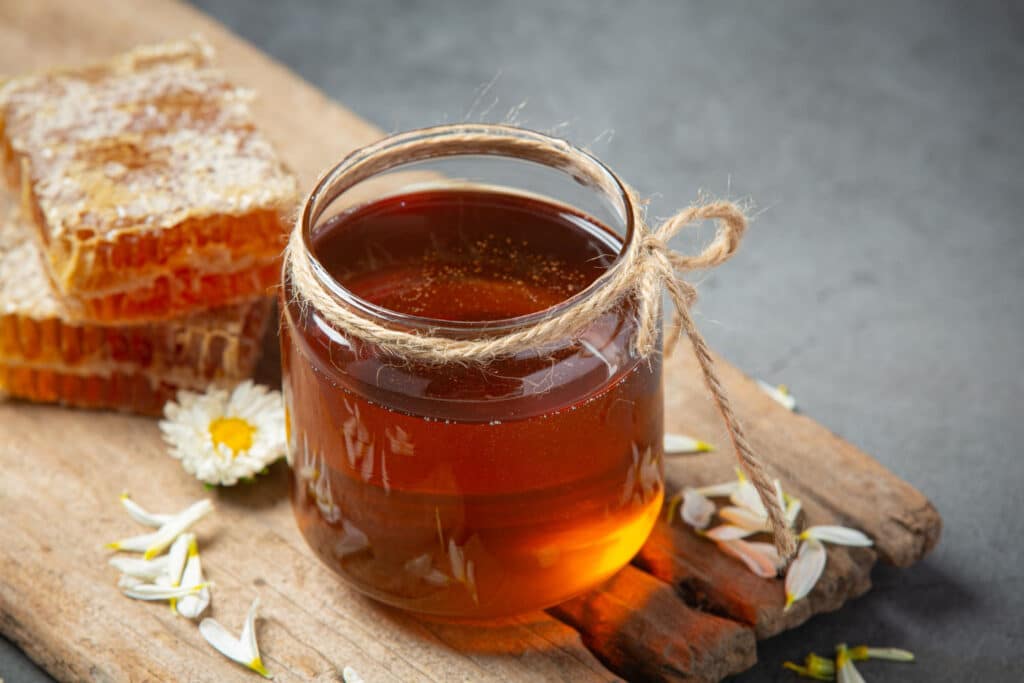
Honey, a beloved natural sweetener, possesses more than just its delightful taste. Among its myriad benefits, honey’s ability to soothe coughs and sore throats stands out.
This nectar also boasts natural antibacterial properties, enabling it to aid in the fight against infections. To experience the soothing effects of honey, consume a teaspoon by itself or infuse it into warm water or tea.
Cough drops containing honey can also provide relief for irritated throats.
8. Aloe Vera for Burns and Cuts
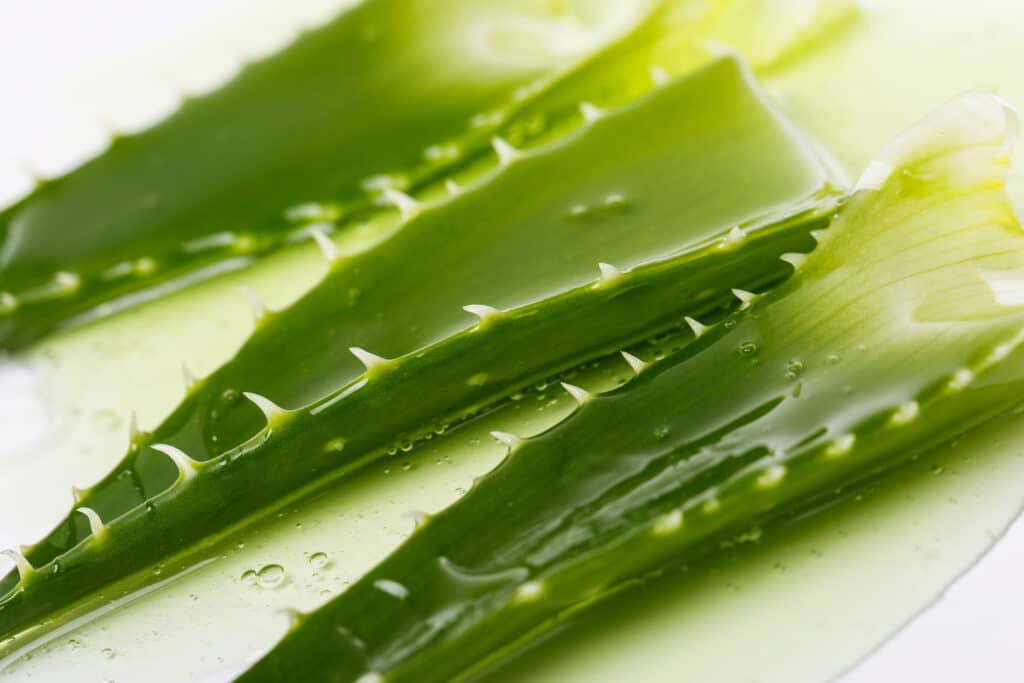
Beyond its reputation as a succulent houseplant, aloe vera holds a special place in natural medicine for its capacity to heal burns and cuts.
The gel within its leaves is rich in compounds that expedite the healing process and provide relief from pain.
When dealing with minor burns or cuts, applying aloe vera gel directly onto the affected area can aid in healing and mitigate discomfort.
9. Lemon Balm for Headaches and Migraines
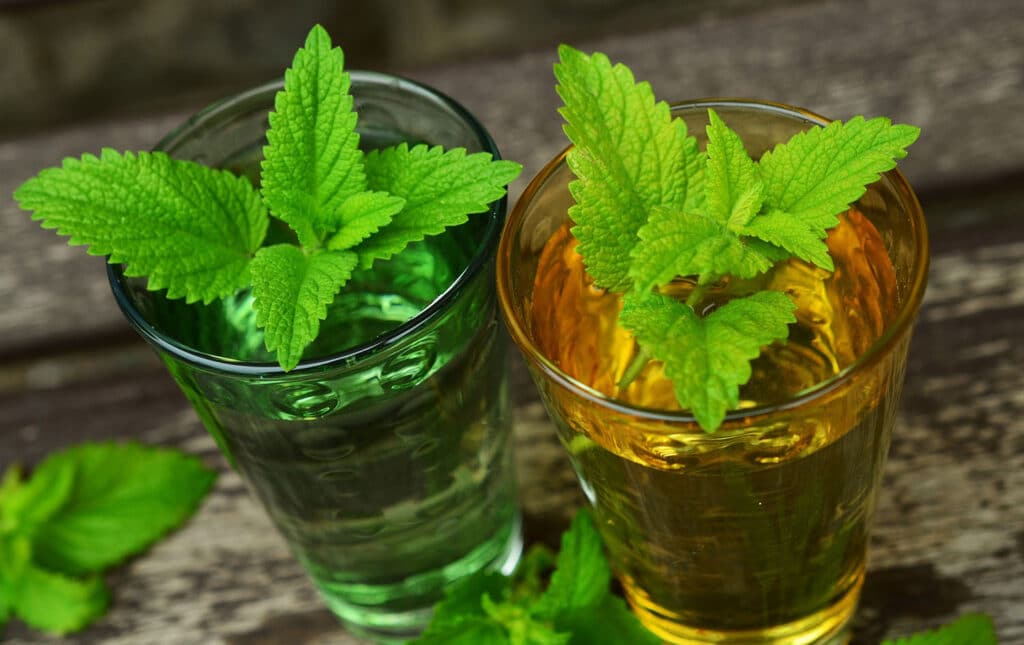
Lemon balm, an aromatic herb, has been celebrated for its effectiveness in managing headaches and migraines.
Its calming properties extend to the nervous system, where it exerts a soothing influence. This effect can be especially valuable in alleviating headaches and migraines triggered by stress or tension.
To make the most of lemon balm, consider brewing a cup of lemon balm tea or incorporating it into your aromatherapy routine.
10. Green Tea for Weight Loss and Heart Health
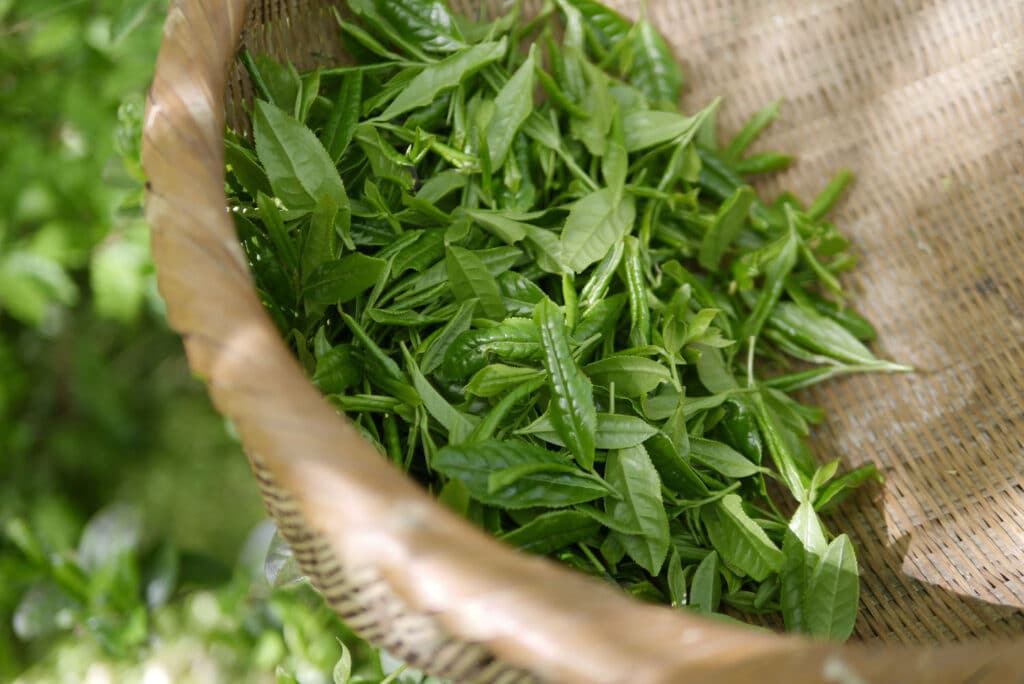
Among the numerous health benefits attributed to green tea, its role in aiding weight loss and supporting heart health is particularly noteworthy.
Green tea is replete with antioxidants and compounds that promote metabolism and fat oxidation. Additionally, it contributes to cardiovascular health by enhancing blood vessel function and reducing cholesterol levels.
By incorporating green tea into your daily routine, you can harness its potential to support your weight loss journey and cardiovascular well-being.
Smart Massagers: A Complementary Approach to Natural Remedies

In the pursuit of holistic well-being, individuals are increasingly seeking alternatives to conventional medicine, often turning to natural remedies for common health issues.
However, a holistic approach extends beyond just ingesting remedies; it encompasses various facets of self-care, including physical relaxation and stress relief.
Smart massagers have emerged as a modern and effective way to complement natural remedies, offering a means to alleviate discomfort and enhance overall wellness without resorting to pharmaceutical interventions and their potential side effects.
Conclusion
Natural remedies have emerged as potent alternatives to conventional medicine, offering holistic solutions for common health problems. From the immunity-boosting prowess of echinacea to the heart-healthy benefits of green tea, the array of natural remedies available is both diverse and powerful.
While these remedies hold immense promise, it is vital to approach them with prudence and consult a healthcare professional, especially if you have underlying health conditions.
Embracing the wisdom of natural medicine can empower individuals to take control of their health in a holistic and sustainable manner, nurturing both body and mind.
Frequently Asked Questions
Are natural remedies safe?
Many natural remedies are considered safe when used appropriately and in moderation. However, it’s essential to research each remedy, consider individual allergies or sensitivities, and consult a healthcare professional before use.
Do natural remedies really work?
Natural remedies have been used for centuries and have shown effectiveness for various health issues. Scientific research continues to explore their benefits, but individual results may vary.
Can I use natural remedies alongside prescription medications?
It’s crucial to consult your healthcare provider before combining natural remedies with prescription medications. Some natural remedies can interact with drugs or interfere with their effectiveness.
How do I know which natural remedy to choose?
The choice of a natural remedy depends on the specific health issue you’re addressing. Research and consultation with healthcare professionals can help you determine which remedy is most suitable for your needs.
Can I use natural remedies during pregnancy?
Pregnancy can affect how the body responds to substances, including natural remedies. Always consult your obstetrician or healthcare provider before using any natural remedy while pregnant or breastfeeding.
Are natural remedies regulated by health authorities?
Natural remedies and dietary supplements are often regulated differently from pharmaceutical drugs. Depending on the country, they might fall under different regulatory frameworks, which can vary in terms of safety and effectiveness standards.
How quickly can I expect results from home remedies?
The speed at which you experience results from natural remedies can vary widely. Some remedies might offer immediate relief, while others require consistent use over time to show noticeable effects.
What’s the difference between natural remedies and homeopathy?
Natural remedies encompass a broad range of treatments derived from natural sources, including herbs, plants, and minerals. Homeopathy is a specific system of alternative medicine based on the principle of “like cures like,” involving highly diluted substances.
Can children use natural remedies?
Natural remedies can be used for children, but dosages and choices should be guided by a pediatrician or healthcare provider to ensure safety and appropriateness for their age and condition.
Are there any side effects of using natural remedies?
While natural remedies generally have fewer side effects than pharmaceutical drugs, some individuals might experience adverse reactions or interactions. It’s important to be aware of potential side effects and consult a healthcare provider if you experience any unusual symptoms.





